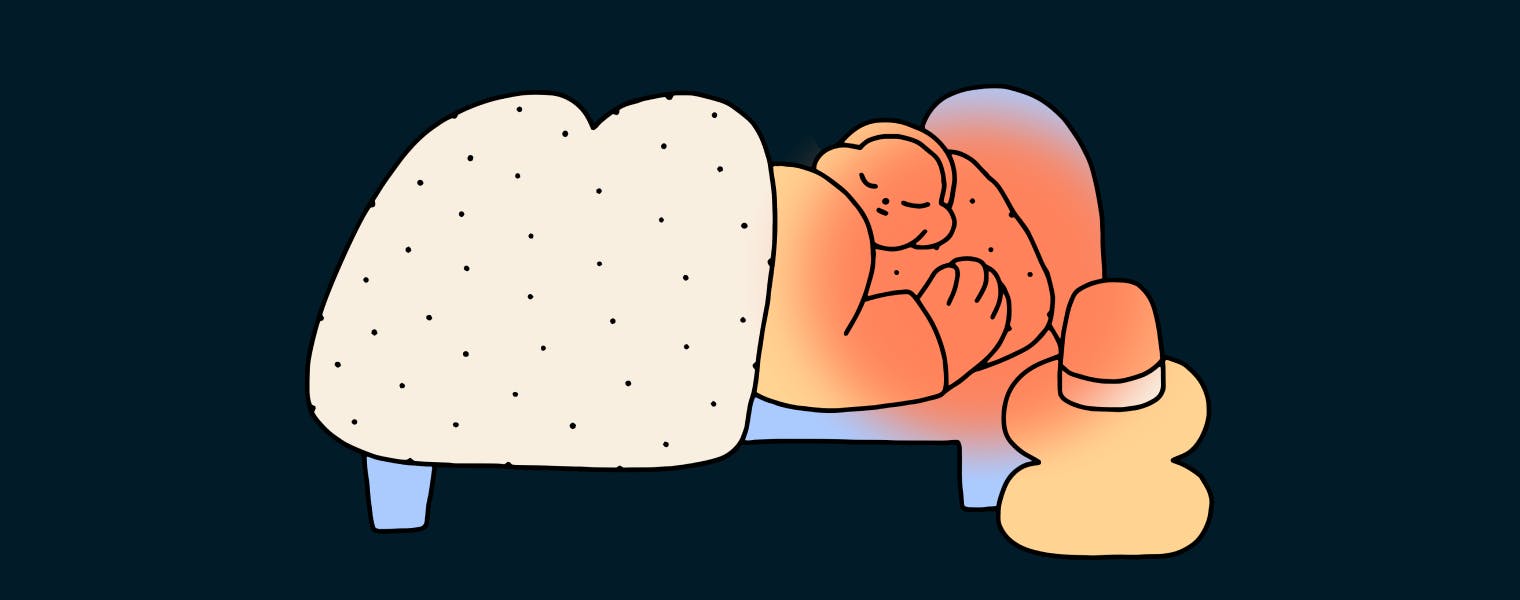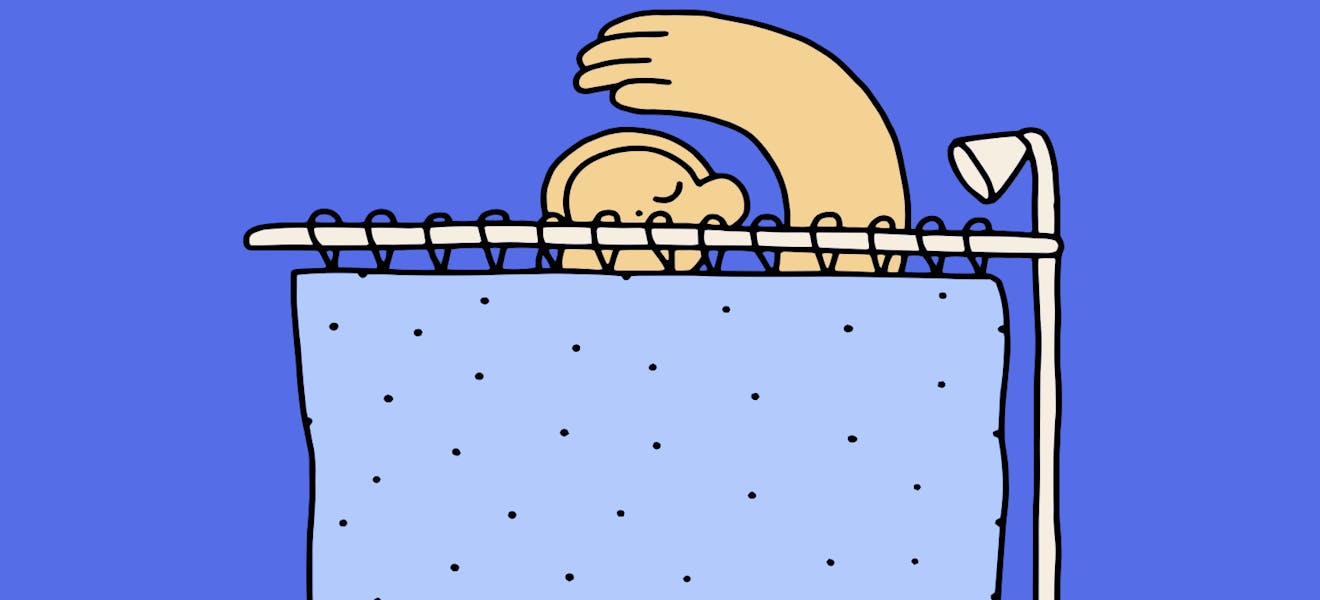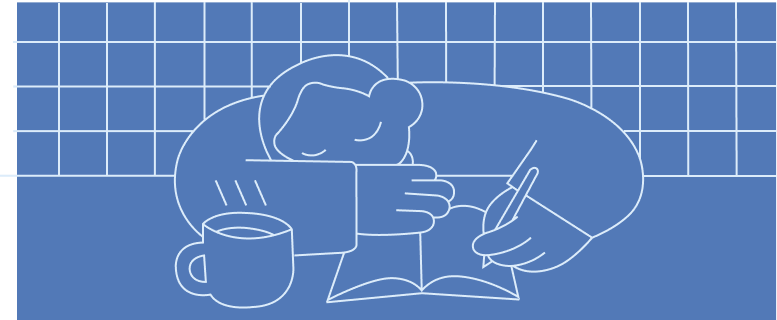Ashwagandha For Sleep
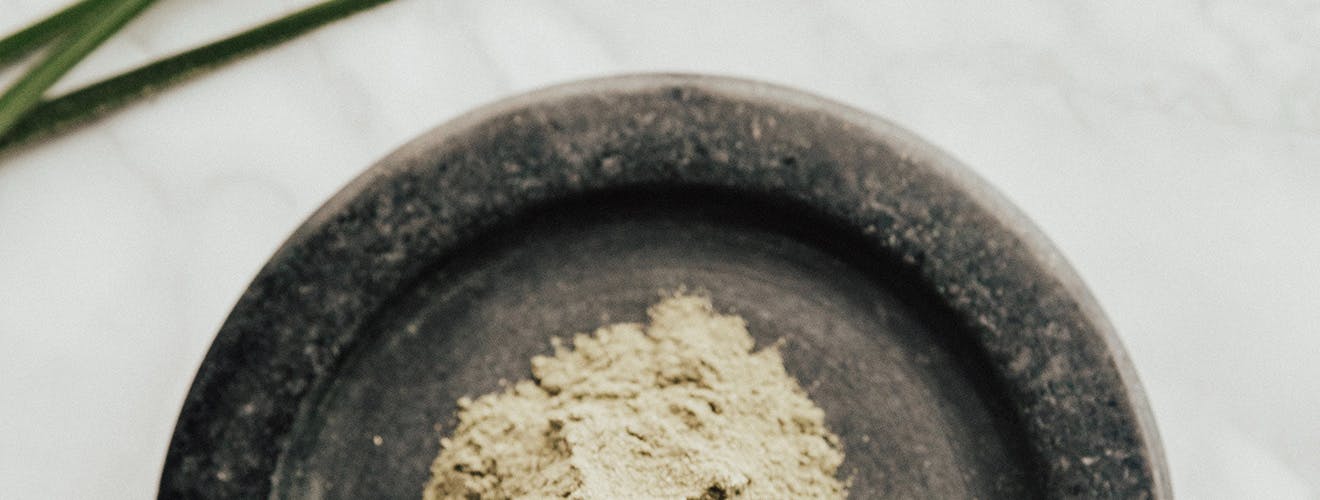
Ayurvedic medicine is one of the world's oldest holistic systems. A large part of the practice involves the use of herbs, like ashwagandha for sleep. Today, western consumers are starting to show interest. According to the Centers for Disease Control and Prevention, more than one-third of American adults use complementary and alternative medicine to assist with various ailments. Keep reading to learn more about Ashwagandha and its sleep-inducing properties.
What is Ashwagandha?
Ashwagandha (Withania somnifera) is an herb that is typically used in Ayurvedic tonics. The small evergreen shrub is also known as "Indian ginseng" or "winter cherry," and is native to India and Southeast Asia. It's usually available in the form of tablets, capsules, powders, oil, or cream.
Ashwagandha is classified as an adaptogen, which refers to certain herbs and mushrooms believed to help manage stress. Ashwagandha root extract has also been used to increase energy, improve overall health and reduce inflammation, pain, and anxiety.
In experimental models, it was found that ashwagandha increases the stamina of rats during a swimming endurance test and prevents adrenal gland changes of ascorbic acid and cortisol content produced by swimming stress. Ashwagandha showed significant protection against stress-induced gastric ulcers.
How Can Ashwagandha Improve Sleep Quality?
A randomized, double-blind, placebo-controlled study conducted at Prakruti Hospital, Kalwa, Maharashtra, India tested 60 patients and found that ashwagandha root extract has sleep-inducing potential. Researchers concluded that ashwagandha is well-tolerated and improves sleep quality and sleep onset latency in patients with insomnia at a dose of 300 mg extract when taken twice daily.
Even in healthy patients, ashwagandha poses sleep benefits. When another group of researchers tested the effects of ashwagandha on 144 healthy subjects, they found a 72% increase in sleep quality among respondents after taking 120 mg of standardized ashwagandha extract once a day, for six weeks.
Of course, part of the reason why ashwagandha seems so effective in promoting sleep is because of its effect on stress. Remember, stress is known to interrupt sleep quality and produce excessive daytime sleepiness.
And that's not all.
One study found that triethylene glycol, an active component of ashwagandha, is responsible for sleep induction. Ashwagandha products with triethylene glycol seem to have an impact on the restorative areas of sleep or non-REM sleep, in particular.
Researchers also suggest that ashwagandha may act on GABA receptors which also helpregulate sleep. Of course, there may still be additional undiscovered compounds yet to be explored in ashwagandha that may contribute to its effects.
How Does Ashwagandha Compare to Other Sleep Aids?
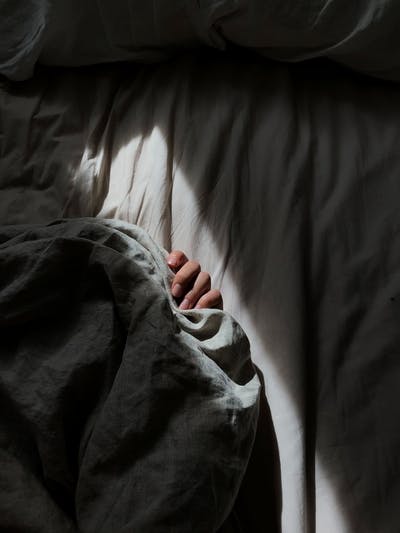
Other Potential Benefits of Ashwagandha
Aside from helping improve sleep quality, ashwagandha root extract also helps with several health conditions.
Stress and Anxiety
As mentioned above, ashwagandha is considered an adaptogen. Studies have suggested that a high-concentration, full-spectrum Ashwagandha root extract may improve your resistance toward stress and anxiety. This could then improve your self-assessed quality of life.
Cancer
Various studies suggest the potential of ashwagandha for treating breast cancer. A 2020 review found that there have been studies as well as a clinical trial that support its potential in refining the quality of life in breast cancer patients.
Neurodegenerative Diseases
A 2011 study found that this ayurvedic medicine may offer protection against neurodegenerative diseases such as Alzheimer's, Huntington's disease, and Parkinson's disease. This happens in the early stages as ashwagandha seems to offer protection from the damage that these diseases deal with the parts of the brain and its connective paths.
Arthritis
Apart from inducing sleep, ashwagandha is believed to have anti-inflammatory properties and may act as a pain reliever by blocking pain signals from reaching the central nervous system. One pilot prospective study counted on these properties to test its potential benefits on arthritis and found positive results.
Exercise Performance
A study tested the efficacy of ashwagandha on cardiorespiratory endurance of healthy adults last 2015. Results suggested using extract of ashwagandha root may improve athletic performance and improve quality of life.
Male Infertility
A pilot study conducted among men with low sperm count found that the ashwagandha treatment posed significantly greater improvement and observed regulation in serum hormone levels. To be precise, the study subjects found a 167% rise in sperm count, making this a potentially effective treatment for male infertility as well.
What are the Side Effects of Ashwagandha?
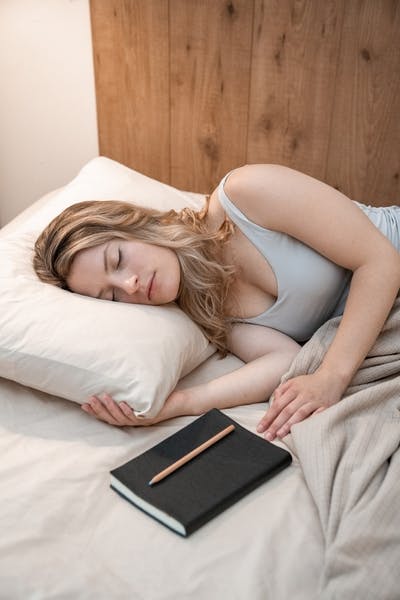
According to Sleep Foundation and WebMD, while the long-term safety profile of ashwagandha has not been thoroughly studied, it is relatively safe to take for up to three months. That said, it does pose potential albeit mild side effects especially in large doses. This includes diarrhea, nausea, vomiting, and an upset stomach.
Rarely, it can also cause liver problems. In one study to evaluate the safety and efficacy of ashwagandha (Withania somnifera) root extract, it was found that ashwagandha may also induce dry mouth, drowsiness, vertigo, and hallucinations along with cough and congestion, blurred vision, and rash.
Some evidence also suggests that ashwagandha may cause you to gain weight due to its effect on your thyroid levels as was found during a placebo-controlled study of ashwagandha root extract on persons with bipolar disorder. Your thyroid levels play a role in body weight regulation.
Aside from that, ashwagandha may also interact with certain medications such as immunosuppressants, sedatives, and certain depressants. If you're taking medications, seek medical advice before taking ashwagandha root extract or other forms of sleep aid. They're also not recommended for pregnant people, people with thyroid and autoimmune diseases, people who had surgery.
Conclusion
Sandland Sleep also believes in holistic options that will leave you healthy and refreshed without the nasty side effects prescription pills tend to have. In pursuit of better sleep solutions, we formulated products that are completely natural, vegan, and GMO-free that will help you achieve clean, healthy sleep, without any perceived side effects. No high, no groggy morning-afters, just better sleep.
Fall Asleep and Stay Asleep are supplements targeted towards the common sleep problems people experience. Use one or both to fall asleep faster, stay asleep longer, and wake up refreshed and ready to take on the world.
Unlike benzodiazepines, ashwagandha (Withania somnifera) does not knock you out flat in minutes to an hour. Like many supplements, it can take days to weeks to see the full effect of ashwagandha on sleep. A double-blind, randomized, placebo-controlled study to evaluate the safety and efficacy of ashwagandha root extract found that taking a dose of 300 mg of ashwagandha extract twice daily took up to 10 weeks to see an effect.
The type of ashwagandha as well as the time you're taking it will impact the effects it will have on your system. Taking it repeatedly in the morning can provide you with more energy during the day while taking it at night helps your body function optimally while you are resting. Still, if you're planning to use ashwagandha to improve your sleep quality, it is recommended that you use it at night.
While ashwagandha does have sedative effects, it is not meant to knock you out as sedative drugs like benzodiazepines and barbiturates. These products may make you fall asleep in under an hour at the risk of developing tolerance and dependence towards them. Meanwhile, ashwagandha doesn't have habit-forming effects, meaning you won't necessarily form a dependence on using it. There's also no issue with tolerance, so there's no need to increase your dosage over time.

